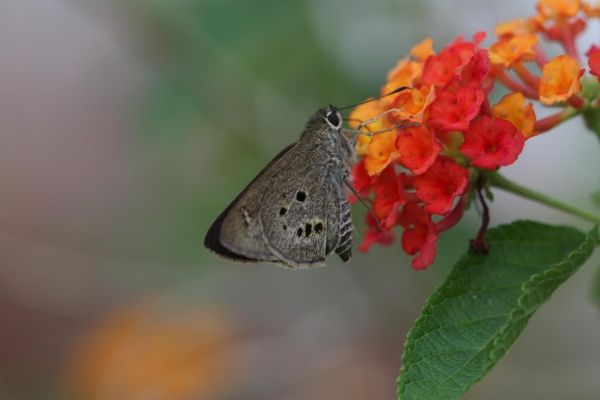Pollinators in the tropics are less likely to thrive in intensive croplands, finds a new study led by UCL researchers suggesting bees and butterflies are at risk of major losses.
Across the globe, lower levels of land use intensity are good for pollinators, finds the new Nature Communications paper which shows the importance of sustainable land management in cities and agricultural regions.
As insect pollinators were found to be more than 70% less abundant in areas with intensive cropland, compared to wild sites, the researchers say that more sustainable agricultural practices are needed to avert widespread losses of bees and other valuable insects.
Lead author, PhD student Joe Millard (UCL Centre for Biodiversity & Environment Research, UCL Biosciences and Institute of Zoology, ZSL), said: “Pollinating species are thought to be in decline globally due to combined pressures of habitat loss and climate change. Here, we found that pollinators in tropical regions are the most likely to decline as croplands continue to expand and intensify, and as animals in the tropics are also particularly vulnerable to the impacts of climate change.*”
Read more at University College London
Image: Tropical butterfly in Malaysia (Credit: Dr. Tim Newbold, UCL)


